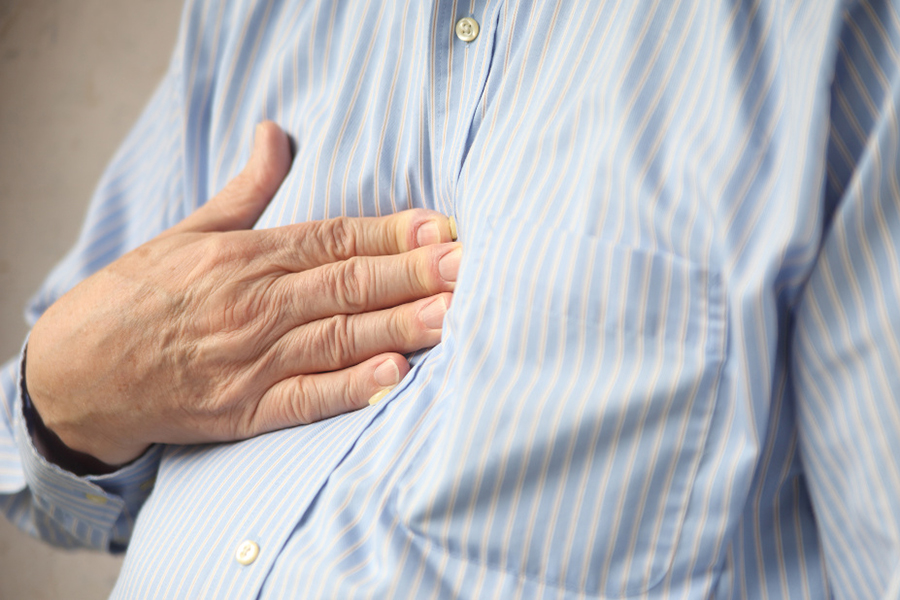What is Indigestion (Dyspepsia)?
 Indigestion, also known as dyspepsia or an upset stomach, is a general term that describes pain, discomfort, or fullness in the upper abdominal area. This sensation can occur occasionally or regularly (chronic).
Indigestion, also known as dyspepsia or an upset stomach, is a general term that describes pain, discomfort, or fullness in the upper abdominal area. This sensation can occur occasionally or regularly (chronic).
Indigestion is not always related to food, nor is it a disease. However, it can sometimes be a sign of a digestive tract issue or disease.
What Causes Indigestion (Dyspepsia)?
Indigestion can be caused by a number of factors, including:
- Drinking too much alcohol, caffeine, or carbonated drinks
- Eating too fast or too much
- Eating greasy, spicy, or fatty foods
- Eating too much acidic food
- Smoking
- Stress
- Medication
- Underlying health conditions, such as gastritis, IBS, peptic ulcer disease, and more
What are the Symptoms of Indigestion (Dyspepsia)?
The symptoms of indigestion include:
- Pain, burning sensation, or discomfort in the upper abdomen
- Feeling too full while eating
- Feeling uncomfortably full after eating
- Bloating
- Burping or burping up food or liquid
- Nausea
- Gas
What is the Treatment for Indigestion (Dyspepsia)?
Indigestion can be treated at home by making small changes to your lifestyle and diet, including:
- Avoiding exercise after eating
- Chewing food carefully
- Losing weight
- Eating 2-3 hours before laying down
- Quitting smoking
- Reducing stress
Your doctor may also recommend over-the-counter or prescription medications to relieve symptoms and ease discomfort.